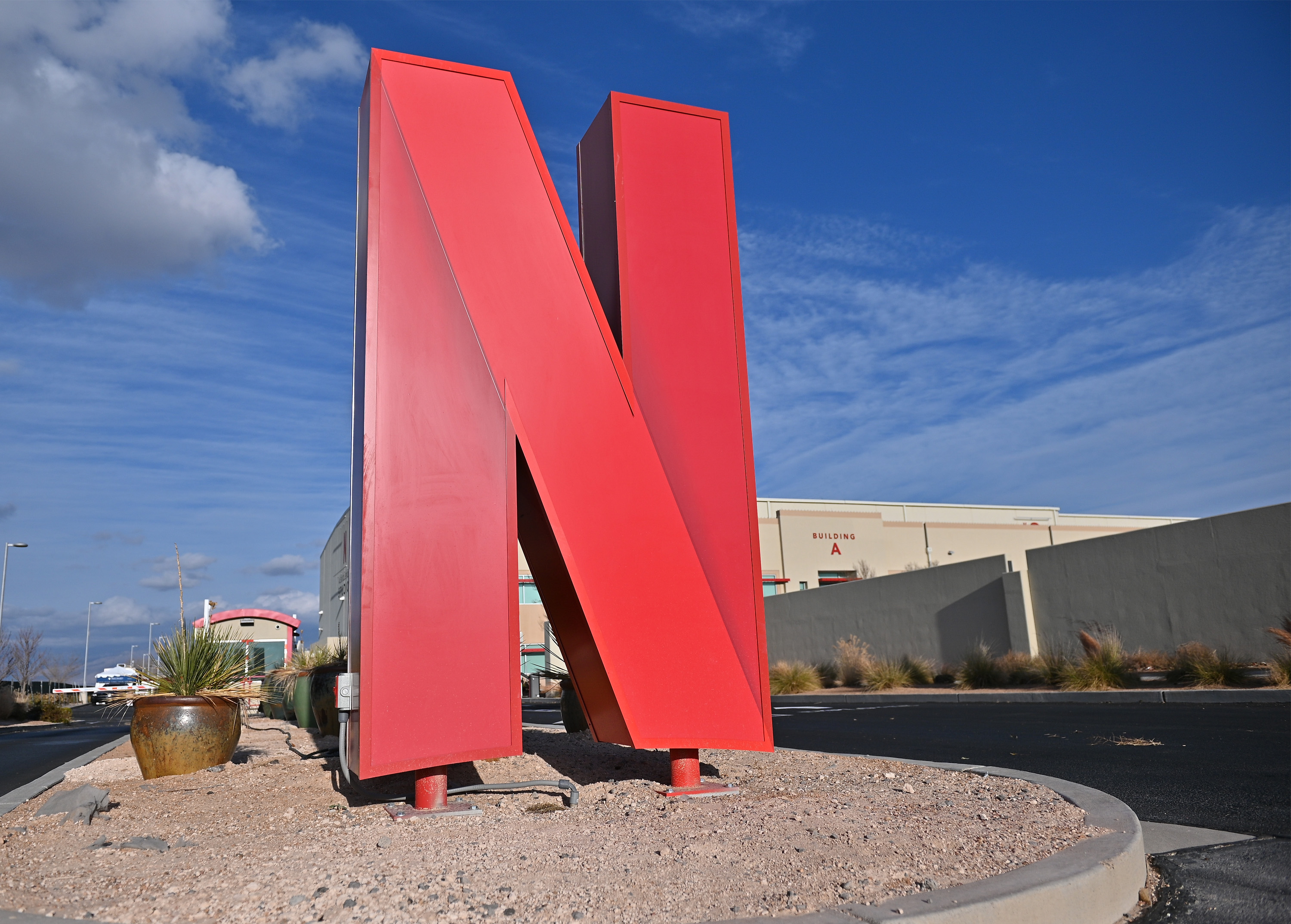After Nubank filed its F-1, Natasha Mascarenhas and Alex Wilhelm dissected the document to learn more about the operations of one of the world’s largest startups.
“With over 40 million users across Brazil, as well as Mexico and Colombia,” the fintech company’s LTV/CAC ratio is central to its success, they found. Notably, as many as 90% of Nubank customers were acquired organically.
Full TechCrunch+ articles are only available to members.
Use discount code TCPLUSROUNDUP to save 20% off a one- or two-year subscription.
Even with more competitors entering their markets, Nubank’s sticky customers generate a relatively high monthly average revenue.
As a direct result, its CAC payback periods are relatively short and its “losses do not appear even close to lethal,” report Natasha and Alex. “Indeed, they are more modest than we anticipated.”
More neobanks are waiting to get on deck and take their turn at bat in an IPO: PicPay, Chime and Monzo are likely the next few to enter the public markets, but these “fresh metrics could prove that neobanks are finally moving off their investing phase.”
Thanks very much for reading TechCrunch+. I hope you have a great week!
Walter Thompson
Senior Editor, TechCrunch+
@yourprotagonist
What Netflix’s move into gaming means for developers

Image Credits: Sam Wasson (opens in a new window) / Getty Images
Some analysts predict that Netflix will spend as much as $19 billion on original and acquired content in 2025, but that figure omits a new frontier for the global media platform: gaming.
Netflix hired a lead for its gaming division in July and purchased Night School Studio in September, giving it access to more developers.
“It makes one wonder how Netflix’s plans will influence game developers and studios around the world,” writes Sendbird CEO John S. Kim.
“More importantly, how will developers respond to Netflix’s entry into the space?”
As Yahoo leaves China, an accelerating stream of exits

Image Credits: Nigel Sussman (opens in a new window)
As of today, TechCrunch is no longer available to readers inside China.
Citing an “increasingly challenging business and legal environment,” Yahoo (our parent company) became the latest global internet brand to exit the country. Microsoft recently decided to make LinkedIn unavailable there, and Epic Games decided to shut down its Fortnite servers in China last month.
The move is directly related to the November 1 start date of the Personal Information Protection Law of the People’s Republic of China (PIPL).
“When taken as a whole, it’s clear that international business and media and the Chinese market are decoupling at an increasingly rapid clip,” write Anna Heim and Alex Wilhelm.
Is China building the metaverse?

Image Credits: BlackSalmon (opens in a new window) / Getty Images
Given its strengths in areas like 5G, payments, e-commerce and related tech, China may have a strategic advantage when it comes to building the metaverse.
Announced in 2017, many of China’s AI initiatives are starting to bear fruit. Other trump cards, such as access to vast data sets for AI training and its robust manufacturing infrastructure, could tip the balance.
“It’s not hard to imagine — at least in the near term — that China’s version of the metaverse may be the richer experience for consumers and for those who sell to them,” says Catherine D. Henry, SVP Growth at Media.Monks.
When should your B2C startup enter a new market?

Image Credits: PM Images (opens in a new window) / Getty Images
Many entrepreneurs say fortune favors the brave, but French microbiologist Louis Pasteur got it right: luck favors the prepared mind.
Bold is good, but smart is better, especially when it comes to expanding the range of a B2C startup. Introducing yourself to customers (not to mention regulators) in a foreign market comes with a lot of known unknowns.
“It may be that through luck or ingenuity, your business has thrived in your home country with minimal marketing spend, but there is absolutely no guarantee this will happen abroad,” says Jim Mann, director of acquisitions at Thrasio, a consumer goods company.
Shareholders approve Bird-SPAC merger, stock promptly falls

Image Credits: Natasha Lomas / TechCrunch
After shareholders of Switchback II Corporation approved its merger with scooter company Bird this morning, its stock fell as much as 20%.
When the deal was announced in June, the company was expected to reach a valuation of $2.3 billion after the merger.
“That’s precisely what the company will be worth in light of Switchback II’s share price declines, but the number could be lower than the headline figure from early merger disclosures,” reports Alex Wilhelm.
Make the most of iOS 15’s updates to the App Store

Image Credits: Blue Planet Studio (opens in a new window) / Getty Images
Watchful consumers may notice the performance updates in iOS15, but for app developers, the release brings a host of changes to the App Store that includes access to new metrics and updated product pages.
In an overview that includes suggestions specifically for app developers, Ilia Kukharev, head of ASO at AppFollow, reviews several features that have been released and previews upcoming changes.
“There hasn’t been this big of a change since iOS 11 was released over four years ago,” he writes.
Backblaze’s IPO a test for smaller tech concerns

Image Credits: sdecoret / Getty Images
Cloud storage company Backblaze tentatively priced its upcoming IPO between $15 and $17 per share, which values it at $684.3 million at the higher end of the price range.
That pricing makes it unique, writes Alex Wilhelm, because if smaller companies can go public at multiples similar to that of bigger firms, “one more startup excuse for avoiding IPOs goes poof.”
Balancing risk: Modern architecture’s role in the BNPL playbook

Image Credits: Klaus Vedfelt / Getty Images
Buy now, pay later activity is exploding. According to one estimate, BNPL now accounts for $100 billion each year.
But the companies providing BNPL loans face risks, as outdated banking infrastructure leaves loan providers with little visibility into their end-customer’s ability to repay, writes Matt Bivons, CEO and co-founder of Canopy Servicing.
Switching to more modern loan servicing infrastructure can help providers minimize third-party and merchant risk, while being insured against “unfair practices and the ability to do business with the transparency customers need to borrow responsibly.”
Quick observations on Udemy’s unicorn edtech IPO

Image Credits: Vertigo3d (opens in a new window) / Getty Images
Udemy went public at $29 and raised a significant amount of capital, but the unicorn’s stock tumbled 6% the same day it debuted.
The sell-down indicates that Udemy may have to prove that its new focus on enterprise business will generate steady revenue growth, write Alex Wilhelm and Natasha Mascarenhas.
Until that happens, “the company’s valuation appears ready to hold fast in second gear.”
